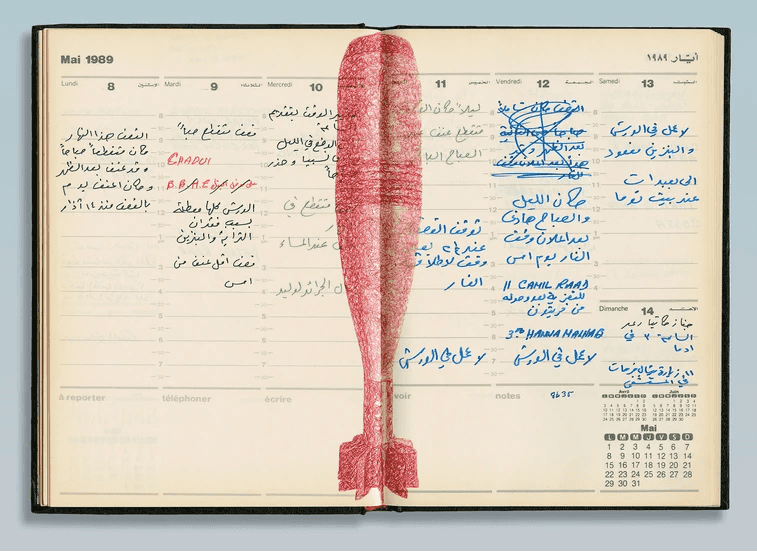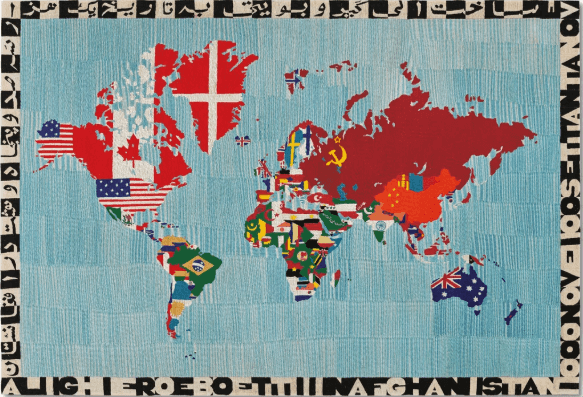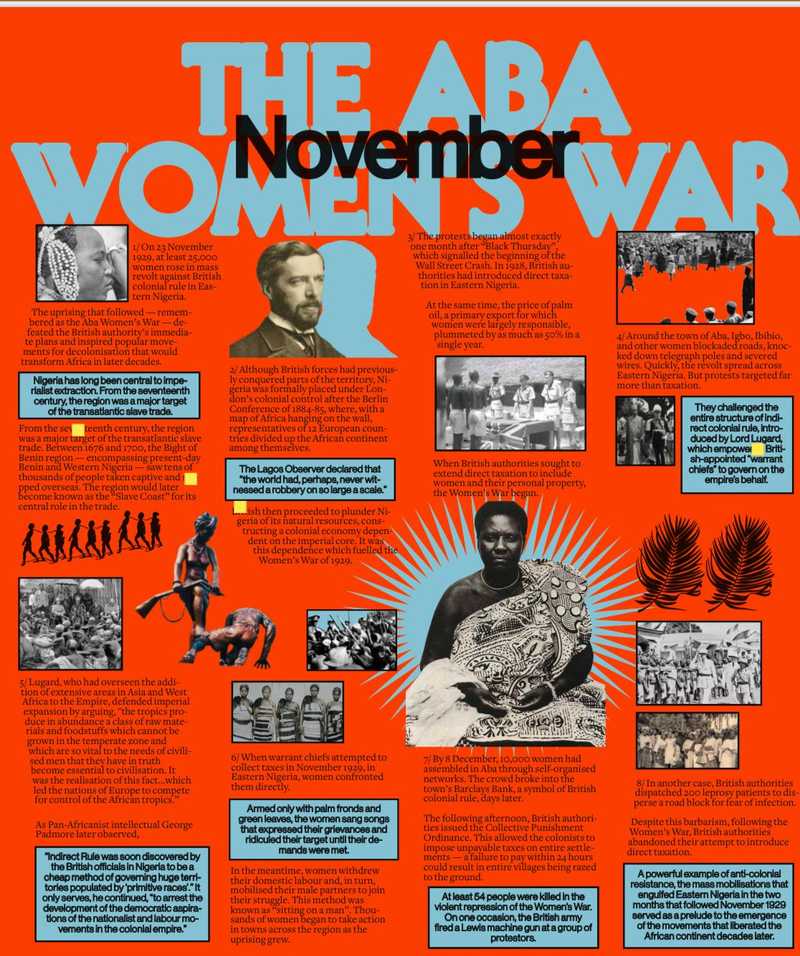
1978. 1982. 2006. 2024.
Once again Israeli military forces muster to the North, preparing to invade Lebanon. On Wednesday, Herzi Halevi, the head of Israel’s military, set out the plan to his troops in plain terms. “Your military boots,” he said, “will enter enemy territory.”
And on Saturday, Israel warplanes assassinated Sayyed Hassan Nasrallah, leader of the Lebanese resistance movement Hezbollah, in a ruthless assault that flattened an entire bloc of residential buildings in Beirut with US “bunker-buster” bombs, killing hundreds in the process.
The intensification of Israel’s assault on Lebanon — over 8,000 attacks from 7 October killing well over 1,000 people — will bring yet more dislocation, destruction and death. More tears, trauma and terror for the people of Lebanon.
If the Israeli military does as it is preparing to do — launching a full-scale ground invasion of Lebanon to accompany its present bombing campaign — it will be the fourth such invasion in less than 50 years.
History is repeating, but there is nothing farcical in Israel’s renewed assault on Southern Lebanon. This is history as endless tragedy. And it will continue until these bellicose forces are checked, the war machine is smashed, and the ties of complicity to the settler colonial project are severed completely.
9,000 kilometres away, Israeli Prime Minister Benjamin Netanyahu gave a speech to the UN General Assembly. The room was half-empty, but cheers from his cheerleaders echoed through the hall as he presented Israel as locked in a manichaean, seven-fronted struggle with Iran, warning that there is “no place” in Iran that Israel cannot attack. It was from the sidelines of the UN meeting that Netanyahu ordered the assassination of Nasrallah.
Back in Lebanon, just one of Netanyahu’s fronts, the resulting tragedy is all too familiar. Israeli instructions to leave home or die, like those Palestinians have been receiving since 1948. Repeated displacements — a third of Lebanon’s population are refugees, mainly from Syria and Palestine. The dehumanisation of Lebanese people on Israeli TV in the words of government ministers calling for “annihilation”. The creation of the fiction of the “Hezbollah-run health ministry”. The denial of sovereignty and full humanity.
“We did in Beirut exactly what [the Israelis] are doing in Gaza,” recalled one former Israeli soldier earlier this year. “We turned off the water, the electricity, everything. But there was no social media so people didn’t know so much.” He was referring to Israel’s 6 June 1982 invasion of Lebanon.
Israel has committed and commissioned great crimes, such as the Sabra and Shatila massacre that occurred 42 years ago this month, because it can. These attacks are carried out with the full assent of Israel’s backers in Washington. In an urgent statement published shortly after Nasrallah’s assassination, Joe Biden defended the attack as “a measure of justice”, reaffirming that the US is prepared to back its imperial bridgehead as its rampage creeps farther and farther beyond Palestine’s borders.
At Sabra and Shatila, the Israeli military lit up and kettled the camps so its subordinate proxy, the Lebanese Phalangists militia could butcher defenceless Palestinian refugees. Today, the US arms and supports its subordinate proxy, the Israeli Occupation Forces to carry out its barbarism at arms length.
The Israeli regime’s shocking violence recalls the dying gasps of apartheid South Africa, which escalated its war against Angola, Mozambique and Namibia as it crumbled — a period that also saw the emergence of powerful movements of international solidarity with the states of Southern Africa.
Resistance to this system is not only necessary, it is inevitable. This week marks the 24th anniversary of the start of the Second Intifada, in which Palestinians rose up in the context of the abject failure of the Oslo order to ensure sovereignty and dignity, however partial, for the Palestinians. Today, we see many sparks of a wider uprising against the war machine that facilitates and emboldens the mass murder committed by the Israeli regime.
In Nasrallah, Israel may have killed a leader, but it has not killed the resistance. The assassination of a leader cannot kill the ideas that animate their movement; the wanton massacre of civilians cannot arrest the process of liberation.
Our task is to help these sparks of resistance — on the frontline, in the imperial core and everywhere in between — land on dry tinder. To fan those delicate flames so they grow stronger before finally raging into a great fire that consumes the imperial violence that scars our world.
Latest from the Movement
Flooding hits the Sahrawi refugee camps in Algeria
Flooding in the Dakhla refugee camp in the Sahara desert in Algeria — caused by intense seasonal rains — has displaced 520 families. A quarter of them lost their homes and will need complete reconstruction. The Western Sahara Red Crescent has issued an appeal for urgent assistance. If you are a member of an organisation that might be able to support the reconstruction efforts, please write to Sidahmed Mohamed Fadel Bujers.
Program of Action on the Construction of a New International Economic Order
This week we published the Program of Action on the Construction of a New International Economic Order: a handbook for an insurgent South to win its sovereign and sustainable development in the twenty-first century.
The original Program of Action, adopted by the UN General Assembly five decades ago, provided a set of prescriptions to bring the global economy into greater balance and assist the poorest countries of the South — “seriously affected by economic crises and natural calamities” — to develop alongside their rich neighbors in the North.
Our motivation today is all the more urgent. “The old crises of debt, dependency, and under-development,” reads the preface of the Program, “have combined with an accelerating crisis of climate to threaten not only the developmental prospects of the South — but also, in the case of many small island states, their very existence.”
Over the past two years, the Progressive International has convened scholars, diplomats, and policymakers to develop a plan to address this polycrisis. Together, over 300 delegates from more than 60 countries across the world — collectively known as the “Havana Group,” for the annual NIEO Congress convened to the Cuban capital — have contributed to the development of the objectives and measures that comprise the Program of Action we now publish.
Read, download and share the Program of Action here.
Pro-Palestinian organisations in the US under threat
This week, US Representation and Chair of the Ways and Means Committee Jason Smith wrote to the Inland Revenue Service to revoke the tax exempt status of 15 NGO groups including Justice in Palestine Educational Foundation, American Muslims for Palestine, Students for Justice in Palestine, the Alliance for Justice, Islamic Relief USA, Jewish Voice for Peace, The People’s Forum, the Tides Foundation, the Adalah Justice Project, the Arab Resource and Organizing Center, United Hands Relief Inc., WESPAC, Within Our Lifetime, the U.S. Palestinian Community Network, and the Palestinian Youth Movement, a member of the Progressive International.
Thailand celebrates marriage equality
Thailand has become the first country in South East Asia to recognise same-sex marriage. This step forward comes after years of determined campaigning and protracted court battles for marriage equality by the nation’s LGBT community.
To celebrate this milestone and meet progressive forces in the country, the Progressive International has despatched a delegation of Co-General Coordinator Varsha Gandikota-Nellutla and Council member Walden Bello. The Progressive International will hear testimony from those activists and legislators fighting against the forces of reaction for a liveable planet, justice and equality.
Amazon an “existential threat” to democracy
A new report from the International Trade Union Confederation (ITUC) labels Amazon an "existential threat to responsive democracy." The report claims the corporate giant has become "notorious" for its union busting, low wages, tax dodging, climate damage and government lobbying. It's time to #MakeAmazonPay.
Meet the Madrid Forum
In the first briefing of our research consortium, we discuss the global coordination of far-right forces through the Madrid Forum, policy platforms like Project 2025, and India's arms trade with Israel. Read the briefing here.
Art of the Week: Walid Raad (1967, Chbanieh, Lebanon) works in film, photography, installation, and public performances which, in part, narrate his relationship to the contemporary history of Lebanon with a particular emphasis on war.
Raad often creates work attributed to others, in this case, the featured work is from 10 photographs of journal pages allegedly by his father: Ghanem Mansour Raad. The photographs were donated to the Atlas Group, a project documenting the Lebanese wars of 1975 to 1990.
In the statement accompanying the donation, Raad noted: “Throughout the war years, my father kept a diary in which he detailed the Lebanese pound's free fall, the price of construction materials, and the kinds of bombs that fell around his home.”



